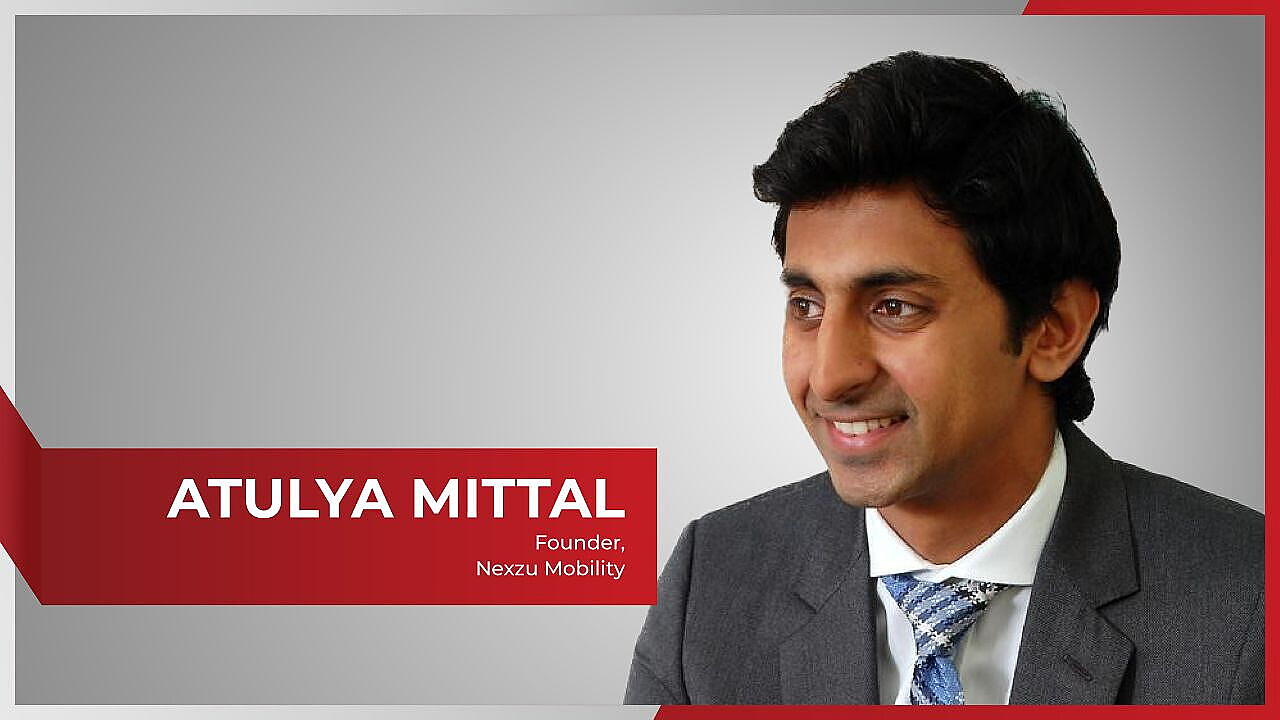
With a B Sc from the Wharton School and an MBA from Harvard Business School, Atulya Mittal started his career in the banking sector in the US and UK before transitioning into strategic roles at Ispat Industries and as a consultant for BCG (Digital Ventures London) and Rainmaking Innovation (Singapore). In 2015, Mittal founded Nexzu Mobility, an EV company focused on engineering, safe and user-centric electric scooters, cycles, powertrains, and battery systems.
With the Government expected to consider the PLI scheme for the cycle sector in the interim budget, what are your expectations and trends supporting it?
The future of mobility is efficiency-driven; on this metric, no other form of mobility comes close to E-cycles. E-cycles are made of significantly less material than their competitors; they consume a fraction of the energy compared to other forms of mobility per-kilometre basis. They are easier to maintain and easier to recycle.
A PLI scheme will boost the production of E-cycle components, making India a hub for the technology powering these vehicles worldwide. Currently, the largest hub for such components is China, and with our Indian engineering talent, we can easily beat them at scale. And this scale-up is what the PLI schemes support.
We expect the Government to empower and embolden our fledgling, future-focused industries competing with global giants already. New industries like EVs and AI will shift the paradigm and create opportunities for India to adopt the new without being saddled with sunset industries, technologies and ways of working. With this budget, we are sure the Government will push forward future-focused manufacturing like electronics, batteries, and EVs and develop future-focused services like AI development and implementation.
We also expect that the budget will incentivise efficient consumption in areas where we do not have our natural resources like energy and spur the manufacturing of renewable energy and clean personal mobility beyond what has already been done. PLIs will help our fledgling industry scale up quality and capacity to meet the strict requirements of such markets.
How big is the E-cycle industry in India?
The E-cycle industry today is what the electric 2-wheeler industry in India was about seven to eight years ago. The industry is at tens of thousands, but the room to grow is incredibly large because of the inherent advantages and value proposition of E-cycles compared to competing forms of mobility, including low-speed e2Ws, primarily used for deliveries today.

Can you share insights on the share of cycles in the overall mobility sector in India and outlook?
Traditional bicycles are a workhorse of the mobility sector, and the industry's future is coming at us fast, with the sales of E-cycles expected to grow exponentially in the coming year.
E-cycles will redefine the mobility industry with their value proposition as a versatile vehicle for the entire family. We see this category as the most exciting space in India's mobility sector.
How can this PLI scheme, if announced in the interim budget, boost the country's industry and carbon neutrality mission?
Carbon neutrality is critical for India because of our high dependence on oil imports. The PLI can boost our industry by making E-cycles an even more attractive proposition for customers to switch to. Since they consume negligible energy to take customers the distance, it can snowball into our carbon neutrality and dependence on imported energy.
Can you share the global outlook on the cycle industry and India's stand? What are the export opportunities for us?
Our share in the global cycle and e-cycle industry is negligible, but we can make products for the most sophisticated markets with our engineering and entrepreneurial talents to scale up. I see a future where Indian-engineered and manufactured E-cycles will ply the roads from Amsterdam to Los Angeles, creating incredible positive externalities for the Indian EV industry.
Also Read:
Nexzu Mobility Goes Supplier Hunting With 100% Localisation In Mind